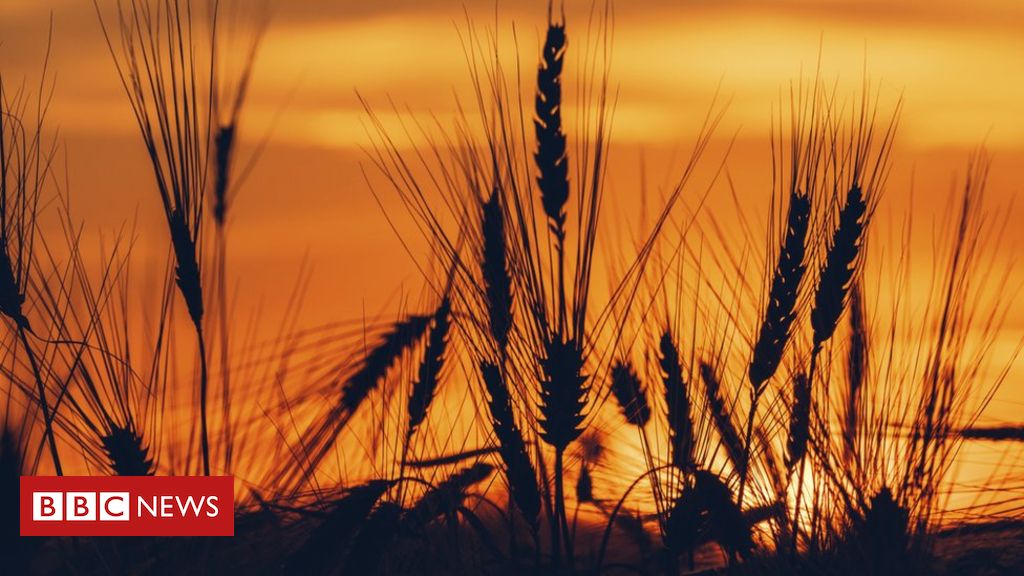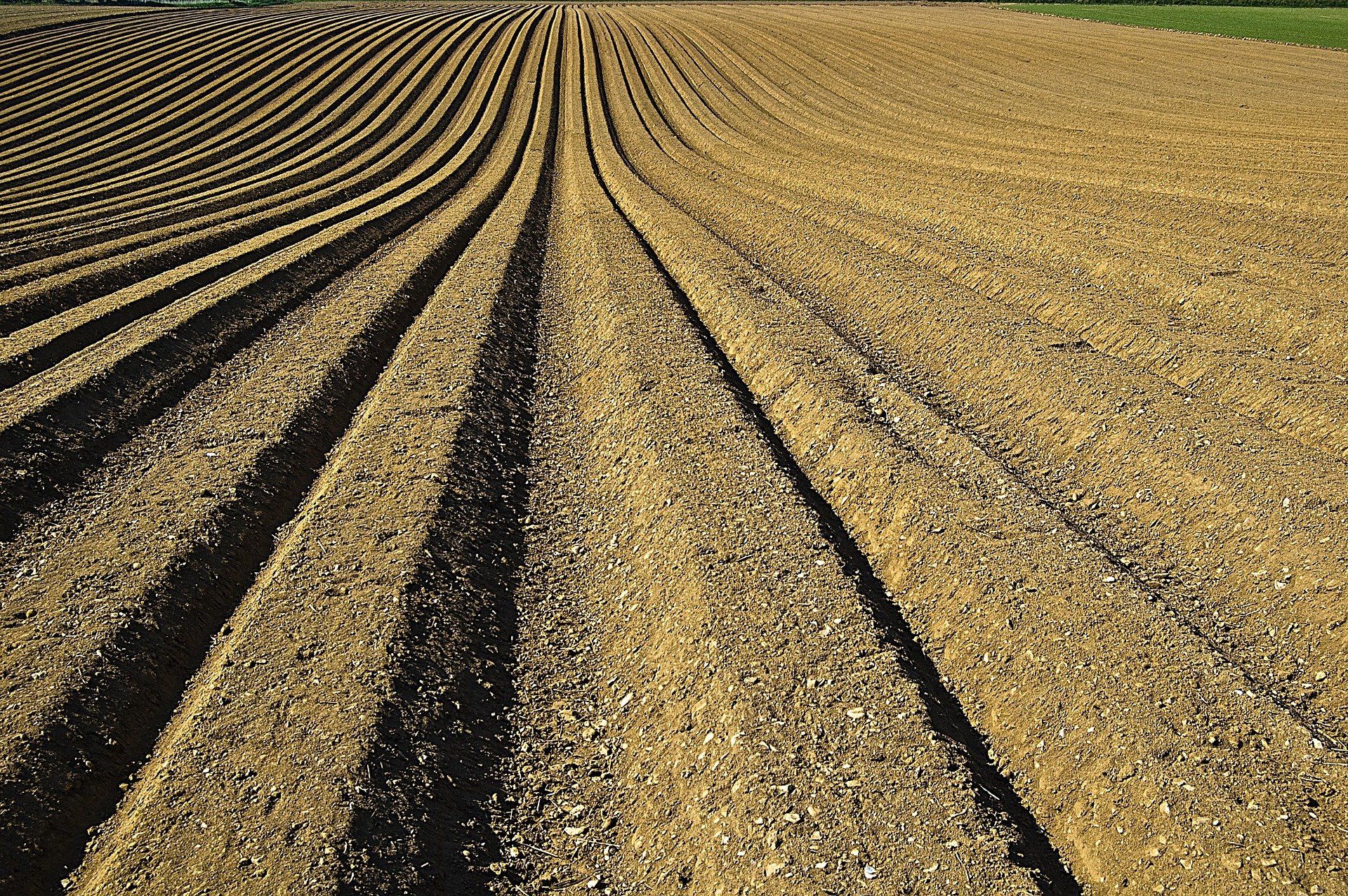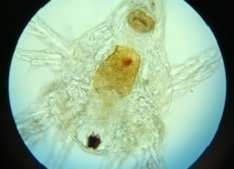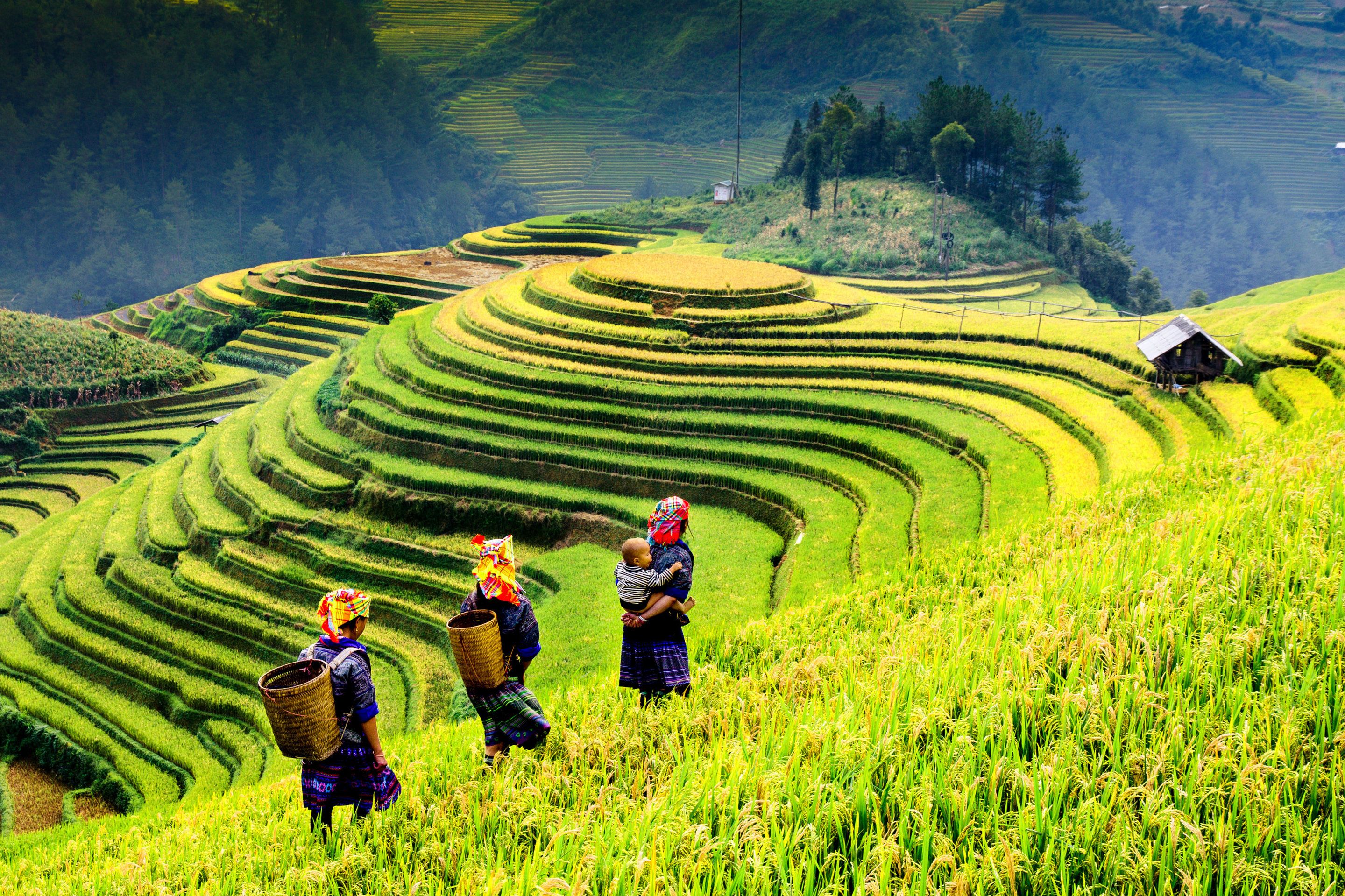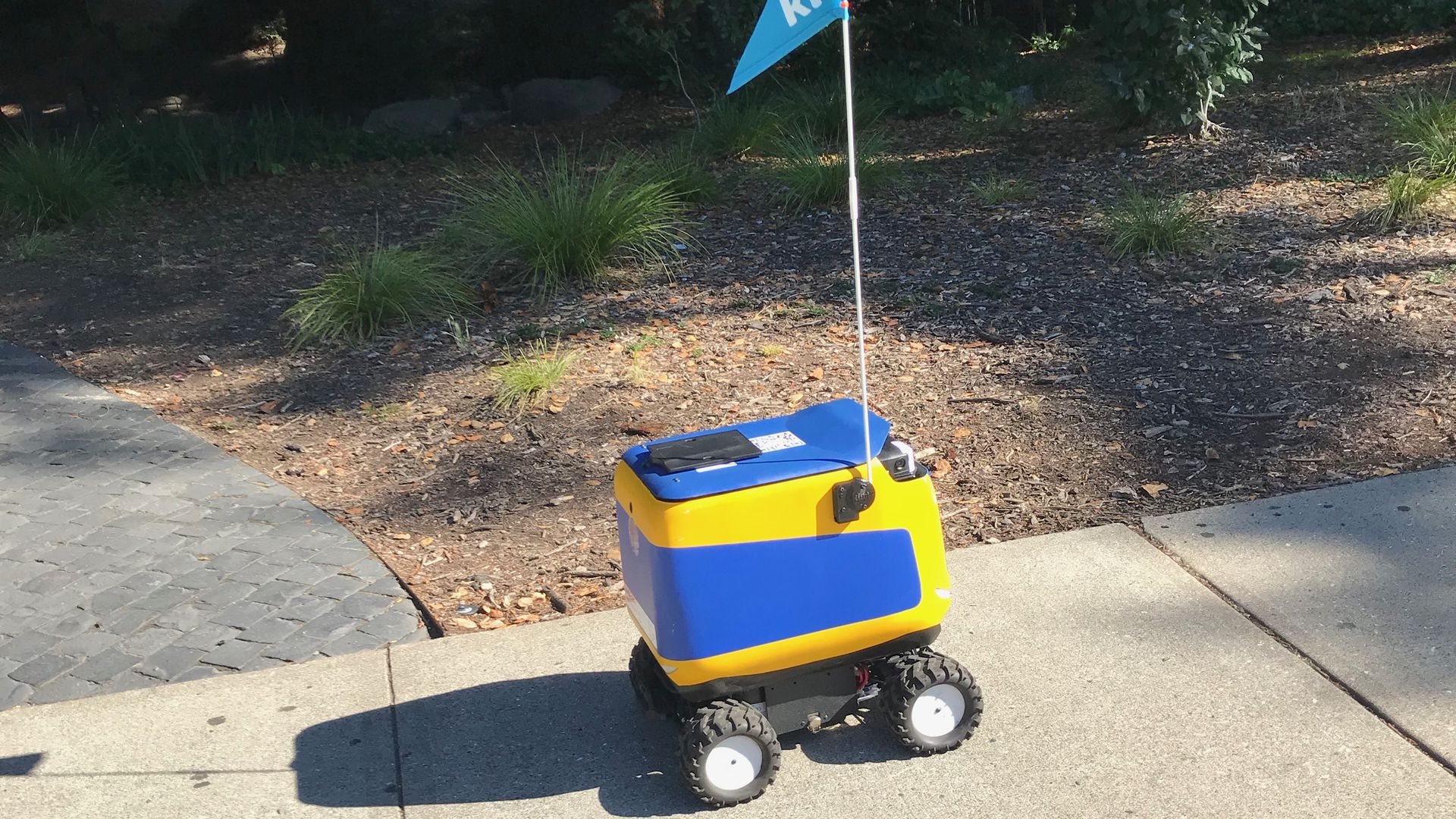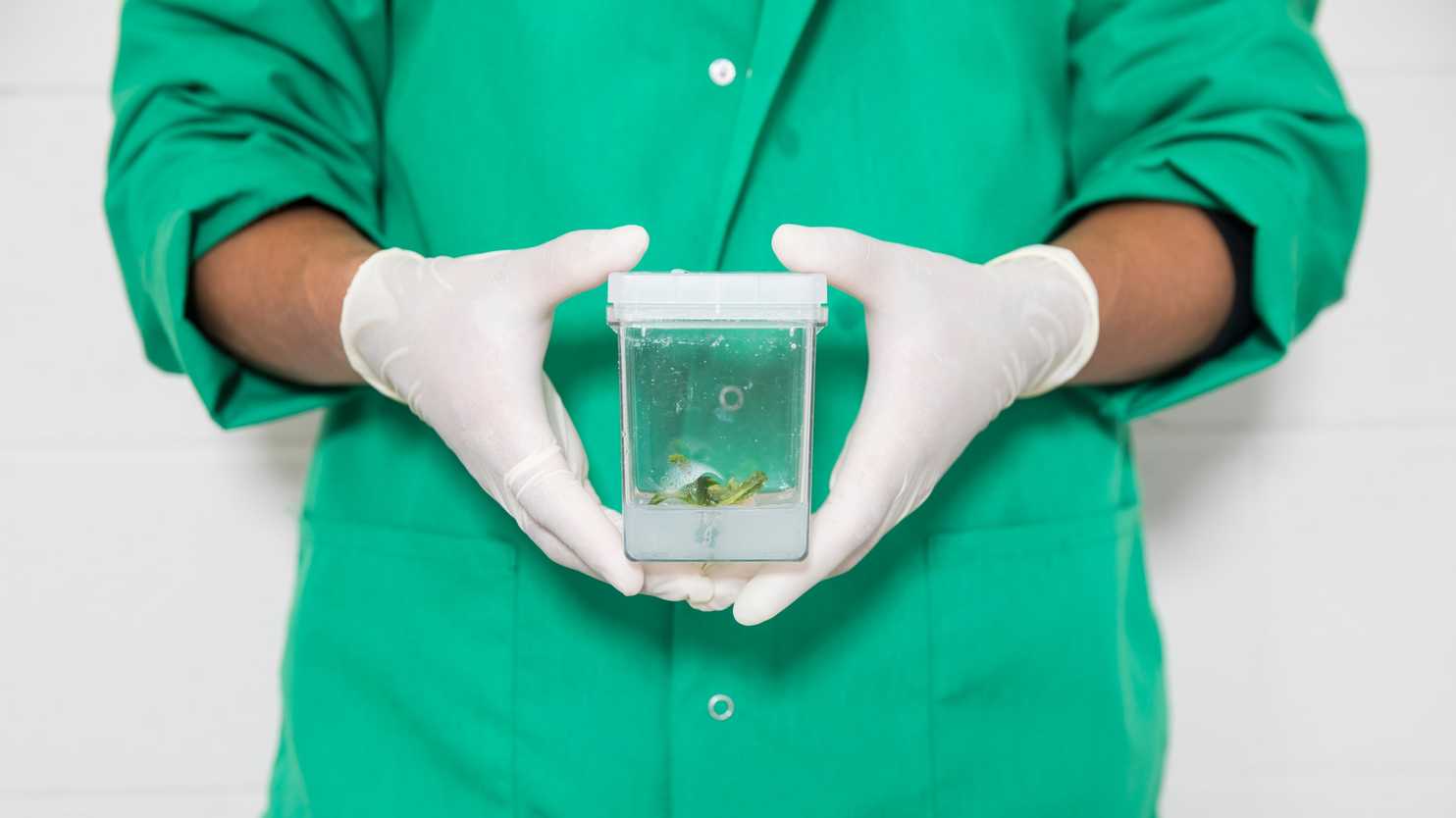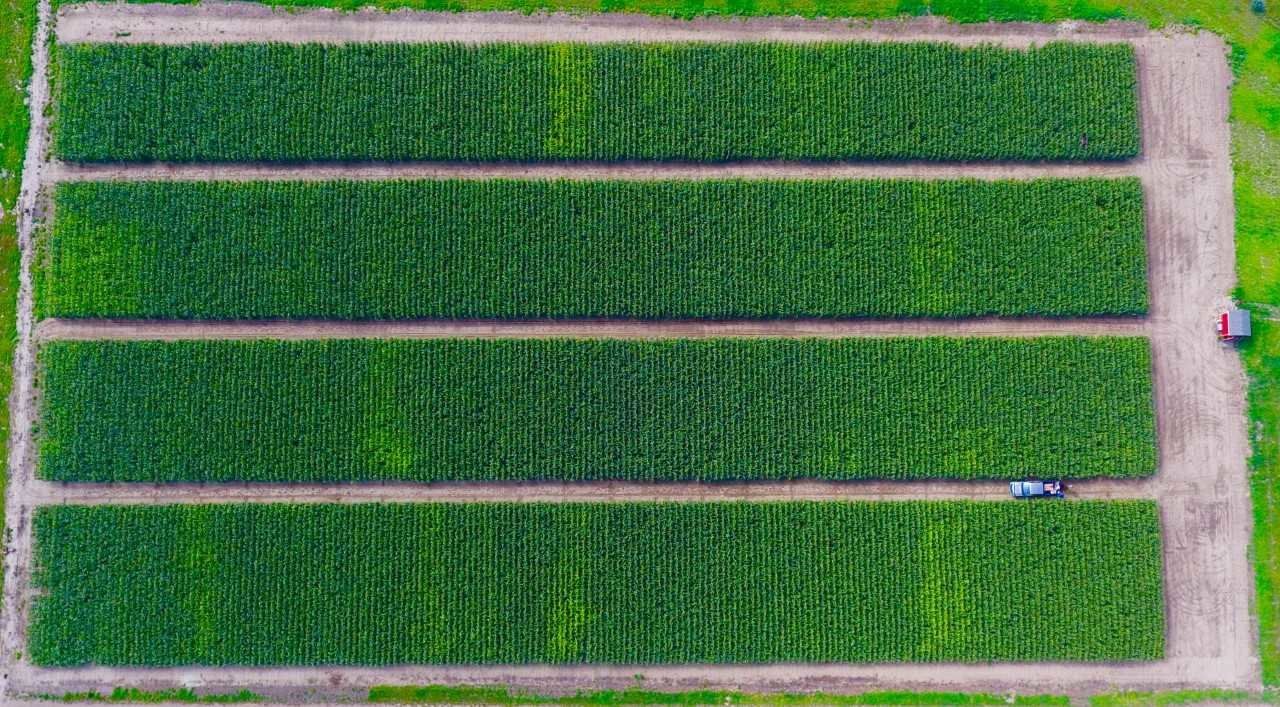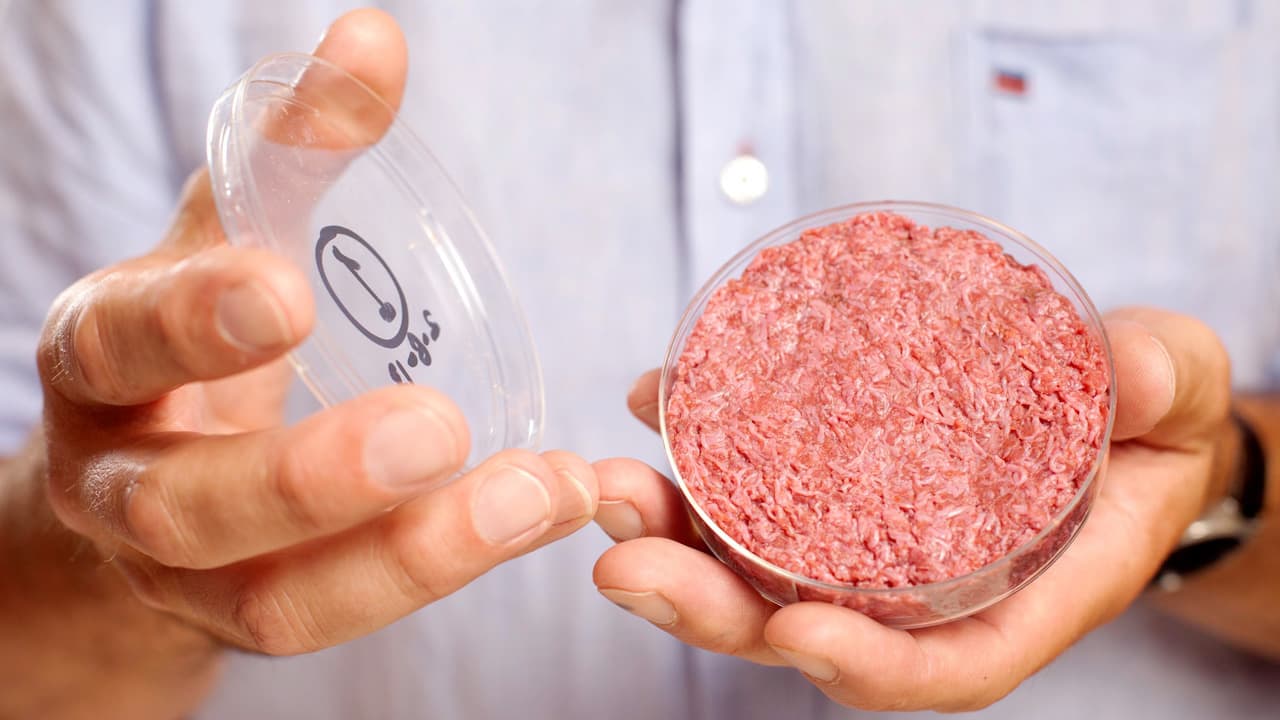Archive for the ‘food’ category: Page 260
Aug 16, 2018
Human wastewater valuable to global agriculture, economics, study finds
Posted by Bill Kemp in categories: economics, engineering, food, sustainability
It may seem off-putting to some, but human waste is full of nutrients that can be recycled into valuable products that could promote agricultural sustainability and better economic independence for some developing countries.
Cities produce and must manage huge quantities of wastewater. Researchers at the University of Illinois at Urbana-Champaign have developed a model to clarify what parts of the world may benefit most from re-circulation of human-waste-derived nitrogen, potassium and phosphorus from cities and back into farm fields. They report their findings in the journal Nature Sustainability.
“We grow our crops in the field, apply nutrient-rich fertilizers, eat the crops, excrete all of the nitrogen, phosphorus and potassium and then those nutrients end up at the wastewater treatment plant,” said Jeremy Guest, a civil and environmental engineering professor and study co-author. “It is a very linear, one-directional flow of resources. Engineering a more circular nutrient cycle would create opportunities that could benefit the environment, economy and agriculture.”
Continue reading “Human wastewater valuable to global agriculture, economics, study finds” »
Aug 16, 2018
A way to get green revolution crops to be productive without needing so much nitrogen
Posted by Bill Kemp in categories: bioengineering, food, genetics
A team of researchers from the Chinese Academy of Sciences, the Academy of Agriculture and Forestry Sciences in China and the University of Oxford in the U.K. has found a way to grow green revolution crops using less nitrogen with no reduction in yield. In their paper published in the journal Nature, the group describes their research efforts and the results they found when planting newly developed plant varieties. Fanmiao Wang and Makoto Matsuoka with Nagoya University offer a News & Views piece on the work done by the team in the same journal issue.
The green revolution was characterized by big increases in crop production in developing countries—it came about due to the increased use of pesticides, fertilizers and changes in crop varieties used. One of the changes to the crops came about as rice and wheat plants were bred to grow less tall to prevent damage from wind and rain. While this resulted in improved yields, it also resulted in the use of more nitrogen-based fertilizers, which are environmentally harmful. In this new effort, the researchers wondered if it might be possible to re-engineer green-revolution crop varieties in such a way as to restrict height and therefore retain high productivity, while also using nitrogen more efficiently.
Prior research had shown that proteins in the DELLA family reduced plant growth. Crop breeding in the 1960s led to varieties of rice and wheat with genetic mutations that allowed the proteins to build up in the plants, thus stunting their growth. Unfortunately, DELLA proteins have also been found to be the cause of inefficient nitrogen use in the same plants—as a result, farmers used more of it to increase yields. To overcome this problem, the researchers crossbred varieties of rice to learn more, and found that the transcription factor OsGRF4 was associated with nitrogen uptake. Using that information, they engineered some varieties of rice to express OsGRF4 at higher levels, which, when tested, showed higher uptake of nitrogen. The team then planted the varieties they had engineered and found that they required less nitrogen to produce the same yields—and they were just as stunted. They therefore claim that it is possible to grow green-revolution crops that require less nitrogen.
Aug 15, 2018
I almost died from a leading American killer: Choking on food
Posted by Zoltan Istvan in categories: business, education, food, transhumanism
I have a very important and scary story to share I wrote. Give it a read. It’s published the Napa Valley Register (the main paper of a community where my wine business is newly located). The article is about one of the most common and unexpected ways people around the world die. I almost did.
I recently completed a European speaking tour discussing transhumanism, a social movement whose primary goal is to live as long as possible through science.
Ironically, I’ll probably remember the month-long tour most for a specific 60 seconds—when I almost choked to death on thick, leathery bread in a German restaurant. This may be surprising, but the fourth-leading cause of unintentional death in America is asphyxiation from choking on food, according to the National Safety Council.
Continue reading “I almost died from a leading American killer: Choking on food” »
Aug 15, 2018
European aquaculture to benefit from a better quality of live feed
Posted by Bill Kemp in categories: employment, food, sustainability
The aquaculture sector is growing, with fish farming being a key way to ensure Europe gets the quality food it needs without exploiting marine resources further. One key problem the industry faces is how to get the immature fish though their first few months – one EU project may be about to smooth the way.
Aquaculture is a growing market within the EU, bringing employment and providing a sustainable source of fish at a time when our marine life is under pressure. The main bottle-neck for the production of marine fish is the juvenile phase, especially during the time in which live diets are used. Even the established species, sea bream and sea bass, have a very low survival rate with an average of 25 percent. For new species in aquaculture, such as amberjack and tuna, the mortality is even higher.
The natural first feed for most fish larvae is crustacean nauplii, the offspring of many types of crustacean zooplankton. Fish larvae is evolutionary adapted to such a diet, and it is believed that this type of prey fulfils the fish larva’s nutritional requirements.
Continue reading “European aquaculture to benefit from a better quality of live feed” »
Aug 15, 2018
How to conserve half the planet without going hungry
Posted by Bill Kemp in categories: existential risks, food, habitats
‚Every day there are roughly 386,000 new mouths to feed, and in that same 24 hours, scientists estimate between one and 100 species will go extinct. That’s it. Lost forever.
To deal with the biodiversity crisis we need to find a way to give nature more space—habitat loss is a key factor driving these extinctions. But how would this affect our food supplies?
New research, published in Nature Sustainability, found it could mean we lose a lot of food —but exactly how much really depends on how we choose to give nature that space. Doing it right could mean rethinking how we do agriculture and conservation altogether.
Aug 12, 2018
The food delivery robots hitting a sidewalk near you
Posted by Genevieve Klien in categories: food, robotics/AI
Aug 11, 2018
The future of food: Scientists have found a fast and cheap way to edit your edibles’ DNA
Posted by Genevieve Klien in categories: biotech/medical, food, genetics
Oil without trans-fat? Wheat without gluten? Gene-editing technology can transform the food we eat. But are consumers on board?
Aug 10, 2018
North American diets require more land than we have, study says
Posted by Bill Kemp in categories: food, sustainability
If the global population adopted recommended North American dietary guidelines, there wouldn’t be enough land to provide the food required, according to a new study co-authored by University of Guelph researchers.
The researchers found that global adherence to United States Department of Agriculture (USDA) guidelines would require one giga-hectare of additional land—roughly the size of Canada—under current farming practice. Their findings were published in PLOS ONE today.
“The data shows that we would require more land than what we have if we adopt these guidelines. It is unsustainable,” said Prof. Madhur Anand, director of the Global Ecological Change and Sustainability lab where the study was undertaken.
Aug 9, 2018
Most Americans will happily try eating lab-grown “clean meat”
Posted by Klaus Baldauf in category: food
Do you feel squeamish about eating a burger that didn’t come from a cow? Most Americans don’t when confronted with how bad meat is for the environment.
